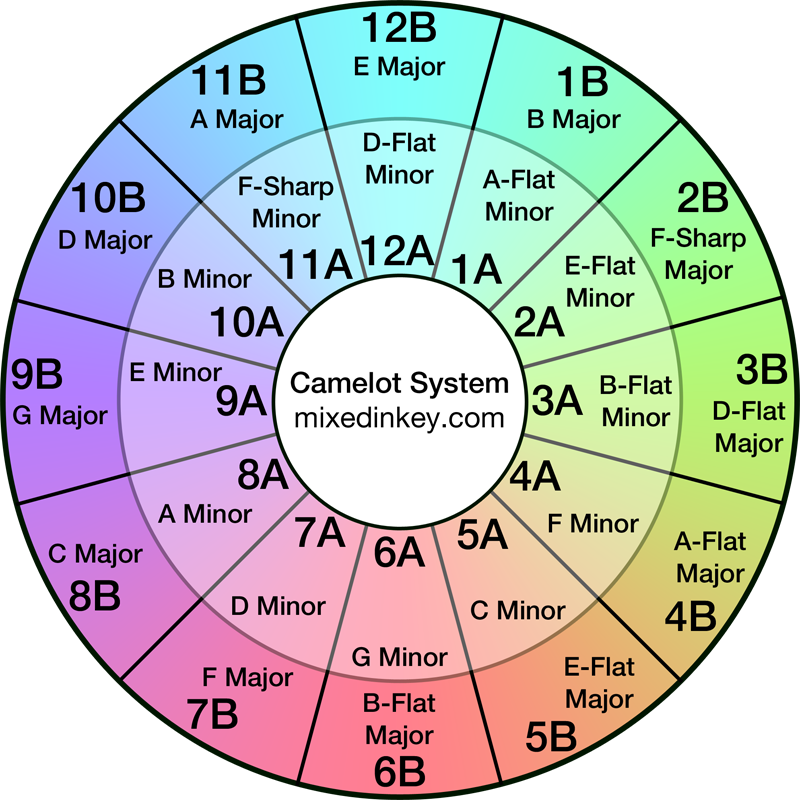I did this many years ago, and here is a very recent (2023) version.
The template for this comes from here:
33 Questions For An Interview With Yourself
Feel free to pick this up and do it yourself. Link back to this post, so I can see it.
1. What Do You Do for a Living?
Well, the fact that you ended up here means you already know at least part of the answer. I’m a music producer, composer and sound engineer, mainly. I work for myself, so I make my own music, and I work for others whose music I either write and produce or edit.
I also have a “day job” that feeds me reliably and pays the bills, because I could no longer make a living from music alone. That used to be different, but unfortunately, that’s the way it is today. But I really like my second job. I work with great people, and I can do my work in a relatively free and creative way. I am a marketing manager and board member in the textile industry. There is no good reason to complain.
2. Who Do You Love?
Okay, then I’ll be completely honest. You asked for it.
I love my friends, some of whom I’ve had for a very long time, and my partner and our dogs. To put it succinctly to the point.
Of course, the issue is more complicated.
I have a big and fucked up family history that could be described as broken. In this respect, love is not dripping from every crack. I love certain people in this family in a certain way, but that’s more through blood ties and shared history than through actual actions in life. No one in my family covered themselves in glory.
And I’m not good at forgiveness, one of my many flaws.
3. Do You Have Enough Money?
Yes and no. The question is: what for? Money doesn’t make you happy, but not having money can make you unhappy.
I have more than enough to survive and spend some money on things that are fun and only money can buy. The best things don’t cost anything.
But I don’t have enough to finance certain things that I would like to do. On the other hand, I don’t want to get any investors on board either. Been there, done that. Didn’t work out so well.
But it doesn’t matter. I’m fine, and my energy for certain activities, which I have in mind, is not as great as it was 10 years ago.
4. Are You Healthy?
I think I’m a medical miracle. My father died when he was 48. At the moment I’m 50 years old and miraculously never really seriously ill, quite fit, and with a lifestyle that hasn’t necessarily always been very healthy.
I gave up smoking years ago and now only drink very moderately. I exercise regularly, make sure I get enough sleep and eat very well.
I have no physical health problem. I am very thankful for that. But I’ve struggled with depression my whole life. This varies widely, from years of nothing to sudden, complete darkness.
It cannot be controlled without medication. It is what it is, I can’t change anything about it. Being open about it — like right now — always helps.
5. Do You Think You Are a Good Person?
A good old friend once said, “You are who you make yourself out to be”. In every human being is the potential to be everything, good, bad and everything in between. The question is: What is good and what is evil? By what standards?
I think if we look at the general norms of society, I’m probably a pretty okay guy.
“I am not a ‘wise man,’ nor … shall I ever be. And so, require not from me that I should be equal to the best, but that I should be better than the wicked. It is enough for me if every day I reduce the number of my vices and blame my mistakes.”
Roman Stoic, Seneca
6. How Old Are You?
50, right now. It’s 2023. I don’t care about age, it means nothing.
My eyesight is the same as it was 35 years ago, but my hearing is worse. After changing my diet and a few other things in my life, I no longer have joint pain and feel great.
I’m still as forgetful as I was in first grade, and I still have exactly the same difficulty concentrating because I’m still easily distracted. The only difference to young Ingo is that today I don’t get spanked for it anymore.
7. Who’s Your Best Friend?
I don’t have one single best friend; I wouldn’t like such a ranking of people in my life. I have a handful of very close friends who are like brothers to me, all of whom are very different and mostly don’t know each other. But they all have one thing in common: They suit me extraordinarily well and are all a little or even more crazy.
8. What’s Your Childhood Dream?
I wanted to be a rock star. I missed that a little bit.
9. How Often Do You Laugh?
I don’t know how many times a day or week, but I laugh quite a bit.
I don’t take myself and life too seriously. Everything begins and ends at some point, and then it probably starts all over again. And we can only do our best, fail and succeed.
Laughter is always a tried and tested means for me to deal with this life and its turmoil. When all else fails, humor works.
10. What Makes You Smile?
I take things that I cannot change with a smile.
If someone teases me or threatens me, I answer that with a weary smile.
I can be very sarcastic and then smile.
I smile warmly at people when I like them.
Good music with good sound makes me smile. All over the face.
11. Who’s Your Most Dangerous Enemy?
I have only one enemy, and that is myself. Anyone else who might consider themselves my enemy has no idea how dangerous the one I really have is.
12. Where Do You Live?
In a house with a garden and a pond in a small tranquil settlement in a small village near the highest mountains in Europe.
I can’t stand the heat; I love the coolness and the high quality of life here.
13. Do You Think You’re Strong?
I can be incredibly strong, and very weak. But in general, I’m pretty strong.
14. What Was the Most Important Thing You’ve Done So Far?
I honestly don’t know. Not even when I think about it for a long time.
Maybe I didn’t do anything important.
15. What Was the Most Stupid Thing You’ve Done So Far?
I shouldn’t have had certain relationships. Some big mistakes. I was young and looking for questionable things.
16. Do You Love Yourself?
Let me put it this way: Love, even for yourself, is hard to accept if you don’t feel worthy. At this point I have a deep-seated problem. But I am working on it.
17. What Do You Fear the Most?
I no longer fear much and the little that triggers something in me, not particularly badly either. Whatever life or the universe throws at me, I don’t give a fuck.
18. What Is Your Favorite Word?
Fuck.
19. When Was the Last Time You Cried?
I cry regularly. It’s good and important. I don’t cry for every shit, but there are things that really touch me and then I just cry.
20. What Is the Best Thing That Could Happen to You Right Now?
That I would be completely financially independent and finally only have time for the things I really want to do. And if it’s nothing.
21. What Is the Worst Thing That Could Happen to You Right Now?
Illness that would make me very dependent on others. That would be nothing for me.
22. Picture Yourself In 5 Years from Now
I have no fucking clue. Honestly.
23. Do You Regret Anything?
I regret a huge truck full of things. A whole convoy.
24. What’s The First Thing You Do in the Morning?
Pee, get on the scale, shower, brush my teeth, then my daily life begins. I never eat breakfast; I only have coffee.
25. What Are You Thinking Just Before Going to Bed?
This is totally variable and always something different. It depends on what happened or what lies ahead.
26. What Was the Highest Point You’ve Ever Been To?
Something around 3,000 meters.
27. If There’s One Thing in Your Life You Want to Change Right Now, What Is It?
I’m on a diet that’s going really well, but I’d like to get where I want to be faster.
28. What Are You Proud Of?
I am very proud of some of my musical works.
29. Sum Up Your Life in One Sentence
A wild, adventurous, fun and painful ride. For everyone involved.
30. Name The Thing That Annoys You the Most
I hate it when people whistle or smack their lips in public.
I don’t like unannounced visits or phone calls at all.
Overly affected friendliness gets on my nerves. I know … some people are just like that and they mean well, but I don’t like anything over the top.
31. What Is Your No 1 Question to God?
Why are you such a sadistic fuck?
32. Do You Have Secrets?
Of course. Like everyone else.
33. What Makes You Laugh?
My own clumsiness. I laugh best at myself, not at all at the misfortunes of others. I find it very indelicate to laugh at others.
34. Are You Happy?
I am content but not happy. I find life, this form of existence, too difficult and limited to be happy. I benevolently envy people who feel that kind of happiness, but I lack that ability. My partner is such a person, she has this lightness that I lack. Fortunately.
Again, feel free to pick this up and do it yourself. Link back to this post, so I can see it.

